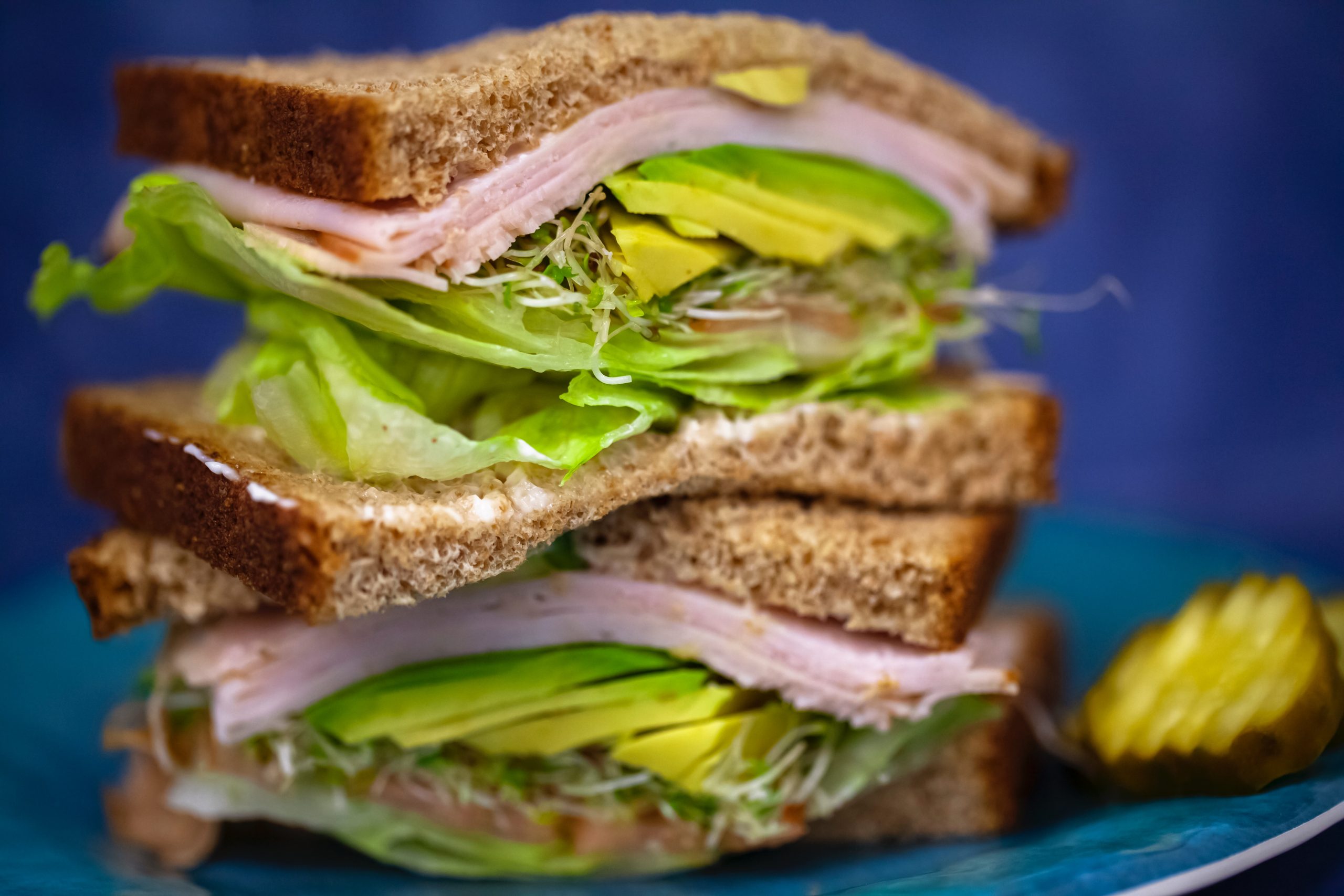A nutritionally unbalanced packed lunch can disrupt a child’s learning and development.
What we consume affects our physical and mental health, both of which have an impact on our learning. Making certain food swaps in your child’s packed lunch can prevent brain fog, boost their energy, and help them think more clearly in class.
Nutritionists at Bulk.com have shared what foods you should include and avoid in your child’s packed lunch that can enhance their learning and overall experience at school.
NUTRITIONAL FOODS FOR PACKED LUNCHES:
Kefir: Kefir is a cultured and fermented milk that tastes very similar to yoghurt and is naturally high in calcium and gut-supporting probiotics. Due to probiotic cultures, consuming Kefir can prevent and treat upset tummies.
Fruit-flavoured Kefir can be purchased from supermarkets and be given to your child instead of standard fruit-flavoured yoghurt or fromage frais.
Baby/Young Spinach: Spinach is an excellent source of vitamins A, C, K1, folic acid and iron. Iron is great for energy, as it helps create red blood cells, which carry oxygen around the body. A lack of iron can leave a child feeling tired and lacking energy, which can affect performance in class.
Replace lettuce in your child’s sandwiches with washed and dried baby spinach leaves. This easy replacement is a great way to boost your child’s nutrient intake without them knowing. It is important to note that baby spinach is more tender and sweeter than mature spinach.
Bananas: Bananas are easy to include in your child’s packed lunch as no preparation is required. Bananas are great for energy, as they have fibres that help the body absorb the natural sugars in the banana slowly, preventing an energy crash, which can keep them going in lessons. This makes a perfect snack before lunch, at break time.
Avocado: Avocados are a well-rounded and nutritious fruit containing vitamins C, E, K, B3, B5, and B6. Avocado is also an excellent source of CoQ10 (Coenzyme Q10). Studies have shown that CoQ10 is ideal for cognitive function and development, which can ultimately help your child in lessons.
Homemade guacamole with oven-roasted pitta or tortillas can be a great addition to your child’s packed lunch and a healthier alternative to a packet of crisps. Oven-roasted tortilla or pitta can be stored in an airtight container for up to a week, perfect for prepping in advance.
Tuna: Tuna is an excellent source of protein and is extremely low in fat. Its main benefit is that it is high in long-chain omega 3’s (LC Omega-3’s). High levels of LC Omega-3’s are found in saltwater fish, such as salmon, mackerel and tuna. These are vital for brain development and promote eye health.
Studies have also shown that Omega-3’s can reduce symptoms of ADHD, as studies have shown that children with ADHD have lower blood levels of Omega-3 fatty acids than those without ADHD.
Tuna in spring water should be used, rather than those canned in brine or oil, as these are high in salt and fat. Tuna can be used for a homemade sandwich filler or pasta salad, lasting in the fridge for two to three days.
Wholegrain bread or pasta: Wholegrains are an excellent source of fibre, a carbohydrate that children do not get enough of. Whole grain foods are high in manganese, a mineral essential for calcium absorption vital to bone health, ultimately helping with growth and development.
Replace regular white bread in sandwiches with wholegrain bread or pasta in pasta salads with wholegrain pasta.
Surprisingly, popcorn is a whole grain and easy swap to crisps in your child’s packed lunch. It is an excellent source of fibre, manganese, zinc and iron.
Chickpeas: Protein is vital for children, as the amino acids help children grow and develop properly.
Chickpeas are a great source of protein and can be turned into hummus to dip into with carrots, bell peppers and cucumber. This is great for a packed lunch and can be prepared in advance.
The protein source you give your child must contain all nine essential amino acids, necessary if your family follows a vegetarian or vegan diet. Vegetarians or vegans must give their children two sources of plant-derived protein (beans, lentils or tofu) each day instead of just one animal protein source (egg, chicken or fish) each day.
White Beans: If your child is a vegetarian, white beans provide a great source of protein, great for growth and iron which is great for energy. Furthermore, they can help keep your child satiated, as hunger can distract them in lessons.
Try serving white beans such as cannellini beans or haricot beans in a cold wholegrain pasta salad.
Grapefruit (Citrus fruits): Citrus fruits, specifically grapefruit are high in vitamin C and A, which is great for immunity, especially as the flu season approaches; this can boost your child’s immune system.
Studies have also shown that grapefruit can prevent insulin resistance, which can reduce the risk of type 2 diabetes.
If grapefruit is too bitter for your child, oranges or easy peelers are a great option for your child. If your child is a fan of sour sweets, some lemon juice over the segments can be a healthier treat for their sour tastebuds.
Dried Mango: This is a great alternative to sweets, as they are extremely chewy and sweet. Dried mango is high in vitamin C and dietary fibre, great for immunity and can promote a feeling of fullness.
BENEFITS OF A BALANCED PACKED LUNCH
Energy
Foods that promote energy and reduce fatigue are vital in a packed lunch and can keep a child alert in lessons.
Include foods that are rich in vitamin B or have a low Glycaemic index in your child’s packed lunch as these are great for energy. Refined sugars and fried foods, whilst great in moderation, should be avoided in packed lunches. This includes packets of crisps, concentrated fruit juices and mini packets of biscuits/cookies.
Development
Long chain Omega-3’s is essential for development, contributing to brain and eye development. Studies have shown that omega 3’s contribute to school performance by improving cognitive function and sleep, and mitigating ADHD symptoms.
Avoid putting foods made with industrial and processed seed oils (Canola, Sunflower or Corn) in your child’s packed lunch as these disrupt brain development and should only be eaten in moderation.
Growth
Malnutrition can stunt growth and is the most common reason for growth issues in children worldwide. If your child is consuming mostly processed or pre-packaged food, it is highly likely that they are consuming many additives rather than the correct amount of nutrients they need for growth.
There is a common misconception that calcium is only needed for growth in children. However, vitamin D and two forms of protein are vital for growth in children.
Immunity
School is a breeding ground for colds and flu viruses, which can pass from child to child. Frequent colds and flu are common in childhood; however, these can boost your child’s immune system for later years.
Ensuring they have the correct nutrients is vital, as this can drastically reduce symptoms and duration of colds and boost their immunity. A daily source of both vitamin C and Zinc are great for boosting immunity. Easy peelers, strawberries or melon are excellent sources of these nutrients and great for packed lunches.






